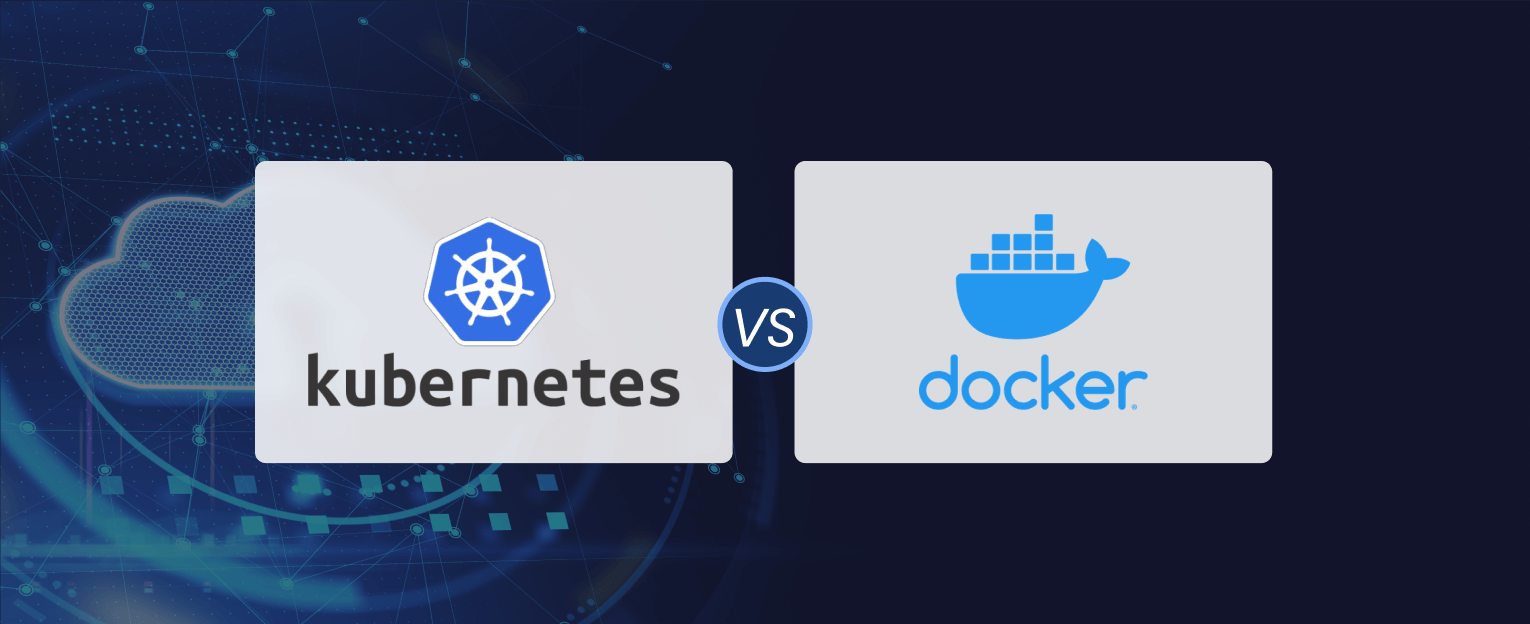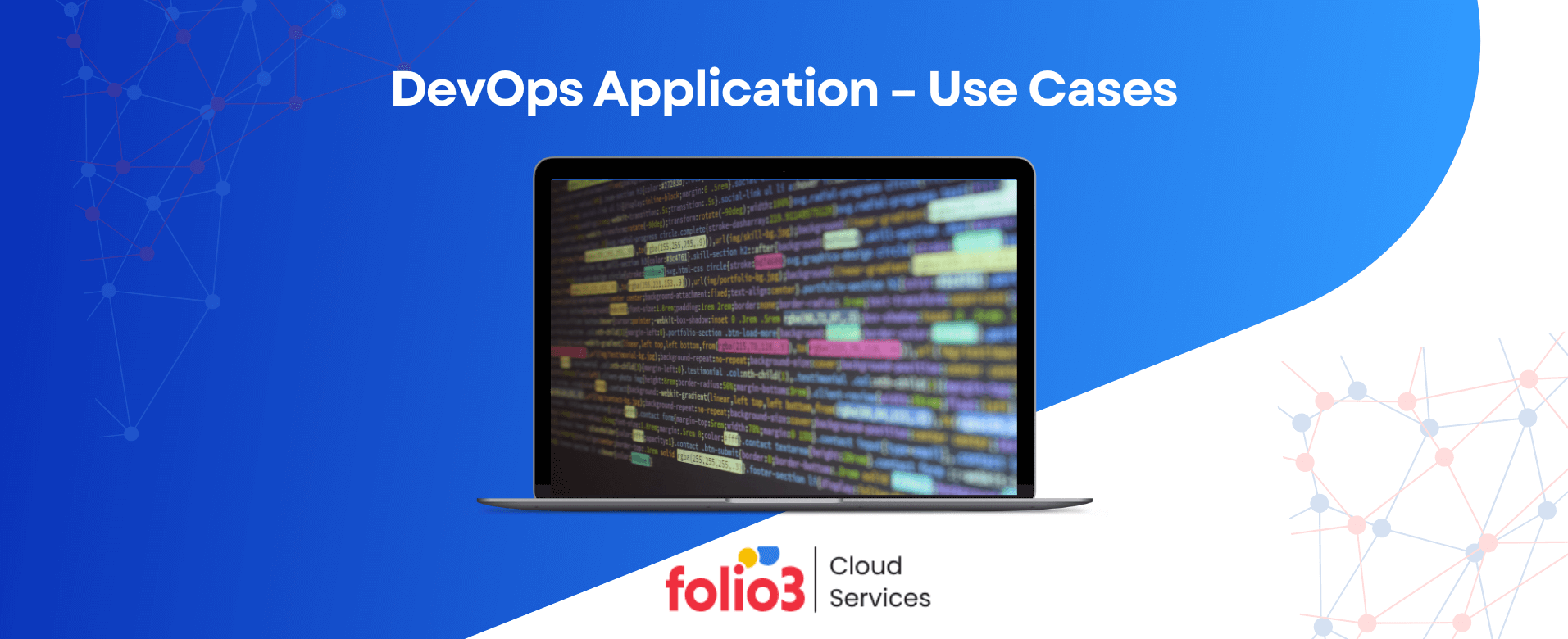Data security holds massive importance in today’s digitalized world. Gone are the days of manually transferring data from one system to another. Today, we rely highly on moving our information and operations online—one of the biggest reasons why this analysis of Azure security vs AWS security is mandatory!
Despite all the ease technology brings, data safety and security have become serious concerns. This is where Azure and AWS take charge. These two industry giants dominate cloud services. Ultimately, it sets the benchmark for excellence and innovation.
Azure is Microsoft’s robust cloud platform, and AWS is Amazon’s comprehensive suite of cloud services. They are industry leaders in providing updated solutions that prioritize data security in the best way possible.
With Azure, businesses can leverage several scalable and reliable cloud services. AWS offers a range of cloud security tools and services for building, deploying, and handling applications in the cloud. However, both platforms are designed to empower businesses.
Be it with enhanced flexibility, agility, or efficiency—embracing innovation lets them stay ahead in today’s highly competitive world.
The following analysis is all about providing a detailed and comparative view of AWS security vs Azure security. We will dig deep into the features and complexities of these platforms to serve the cause. This exploration will help you make informed decisions based on their specific needs.
Comparative Analysis of AWS vs Azure Security
Azure and AWS both offer robust security features. Yet, Azure’s security model revolves around confidentiality, integrity, and availability. Its multi-faceted approach encompasses data encryption, threat detection, and access control mechanisms.
Comparatively, AWS follows a shared responsibility model, where it manages the security of the cloud. But customers manage security in the cloud.
Both Azure and AWS prioritize data encryption for stored and transmitted information. Azure integrates encryption seamlessly into its services, while AWS offers flexible encryption options. These platforms have robust access controls and threat detection capabilities but approach them differently. Below is a further elaboration of all the features to cover the comparison of Azure security vs AWS security.
1. Data Privacy and Compliance
a) Azure’s Approach to Privacy Concern
Microsoft Azure addresses data privacy concerns with a complex approach. It provides robust encryption for data at rest and in transit. Azure adheres to global compliance standards, ensuring data sovereignty with geo-specific storage.
Additionally, users have complete control over access. They are also able to implement advanced threat protection solutions. Azure’s multi-layered security approach begins at the physical level. Its data centers have state-of-the-art physical security measures that keep monitoring for 24/7.
b) AWS’s Approach to Privacy Concern
AWS aims to maintain a deep commitment to customer privacy and data protection. The platform puts a strong emphasis on security by managing the security of the cloud infrastructure.
At the same time, customers are responsible for securing the data within the cloud environment. This includes implementing appropriate access controls and other security measures to safeguard their information.
AWS provides a wide range of robust controls, such as tools and resources, to assist customers in meeting their specific compliance requirements. With these capabilities, customers can have confidence in the security and privacy of their data.
c) Azure’s Certification and Standards
It’s important to discuss certifications and standards while comparing Azure security vs. AWS security! Microsoft Azure follows a robust set of compliance certifications and standards, ensuring the highest level of security and privacy for its users.
Azure maintains many compliance certifications, including ISO 27001, HIPAA, FedRAMP, and SOC 2, as well as country-specific standards. These certifications demonstrate Azure’s commitment to meet rigorous international and industry-specific compliance standards.
Microsoft Azure adheres to a range of international standards. They not only ensure robust security but also compliance.
This includes the General Data Protection Regulation (GDPR) to safeguard data privacy. The ISO 27018 standard protects personally identifiable information (PII) in the cloud.
The alignment of these comprehensive standards provides Azure users with a reliable and trustworthy cloud platform.
d) AWS’s Certifications and Standards
The AWS certification is a level of Amazon cloud expertise that IT professionals acquire after passing one or more exams.
This certification renders a variety of certifications under foundational, professional, associate, and specialty levels. All of them are relevant to specific roles and knowledge areas within AWS cloud management.
These certifications carry high standards. Again, this confirms that certified professionals are well-versed in various areas of AWS. Be it about functionalities, architectures, and best practices.
Getting AWS certification is not an ordinary achievement. Its improvised credibility prefers a solid commitment to an individual’s professional development in the rapidly growing cloud computing domain.
2. Incident Response and Monitoring
a) Azure’s Capabilities and Monitoring Tools
Knowing their capabilities is another factor in examining Azure security vs. AWS security process. Microsoft Azure offers a diverse array of capabilities and comprehensive monitoring tools.
They revolve around Azure monitoring, collecting, analyzing, and acting on telemetry data—that too from your cloud and on-premises environments.
Another essential tool that strengthens the security posture of your data centers is Azure Security Center.
Additionally, one significant benefit is advanced threat protection for your hybrid workloads. One can also utilize security tools like Azure Firewall, Azure DDoS Protection, and Key Vault for an added layer of security.
b) AWS’s Capabilities and Monitoring Tools
AWS provides an extensive suite of monitoring and capabilities tools. Know that services like Amazon CloudWatch offer real-time monitoring of AWS resources. Precisely what allows you to view and analyze your applications. Along with systems and services too.
AWS X-Ray works as the lead to help developers analyze and debug distributed applications. For example, those built using a microservices architecture.
Furthermore, AWS Trusted Advisor also works as a personalized cloud consultant. Overall, it helps you follow best practices to optimize your AWS environment. Together, these tools enhance visibility, debugging, and optimization.
c) Effectiveness of Azure
As we know, ecommerce businesses experience rapid growth alongside customer base. As a result, the load on their servers also grows. This, too, is an essential part to consider while we create a comparison between Azure security and AWS security.
This is the reason for slower response times during peak hours. The movement of infrastructure to Azure can lead to auto-scaling capabilities. This automatically adjusts resource allocation based on traffic.
It means developers can save costs during low activity hours by using fewer resources. Azure services also help during peak hours when resources are automatically increased to handle.
d) Effectiveness of AWS
Having robust, end-to-end security and privacy features, AWS safeguards cloud computing environments. It can also incorporate incident response tools and methodologies to rapidly identify and respond to security incidents.
It’s automated alerts and detailed log activities via CloudTrail. That enables immediate notification and investigation.
Furthermore, AWS Shield offers advanced protection against DDoS attacks, while the AWS WAF helps protect web applications from common web exploits. The outcome is a highly secure cloud infrastructure that is beneficial in numerous ways.
3. Scalability and Flexibility
a) Dynamic Security Needs with Azure
Businesses can get exceptional scalability and flexibility in managing their operations with Azure. The platform allows organizations to conveniently scale their infrastructure up or down as per their requirements, Making it the most cost-effective solution.
This flexibility extends to resource allocation, where businesses only pay for what they use as it supports them to manage their budget more effectively.
Besides, Azure is highly dynamic in handling businesses’ security needs. Azure’s security center employs advanced threat protection. The way they can detect unusual activities and initiate necessary countermeasures is not a secret.
This dynamic security model can adapt to changes in the business environment to shield e-businesses against evolving threats. Azure’s commitment to privacy with various international compliance standards further enhances its value.
b) Dynamic Security Needs with AWS
AWS provides robust, scalable solutions to manage the evolving security needs of businesses. By offering features such as Identity and Access Management (IAM), AWS enables precise control over user access to specific resources.
AWS’s infrastructure is also made to meet organizations’ most stringent security requirements. Therefore, it is a reliable choice that businesses across different sectors can turn to, especially when analyzing Azure security vs. AWS security.
Furthermore, modernized cloud design principles like zero-trust security and least privilege access are crucial for strengthening cloud security postures. Both Azure and AWS offer various tools and services to implement these principles effectively but with subtle differences in approach.
c) Scalability and Flexibility in Adapting Azure
The critical aspect of adopting security protocols is their scalability and flexibility. They are especially considering the evolving business requirements. The autoscaling monitors that your applications remain performant during demand spikes.
Azure’s flexibility is evident in its array of security services as well. Hence, it allows organizations to protect data, networks, and applications.
Also, the Azure Security Center has adaptive application controls and just-in-time VM access. This way, businesses can respond promptly to changing security landscapes.
Last but not least. Azure’s compliance offerings assure alignment with global standards to form a versatile platform prepared for future regulatory changes.
d) Scalability and Flexibility in Adapting AWS
AWS offers excellent scalability options that authorize businesses to grow their infrastructure depending on their needs. The framework comes up with a versatile architecture that is easily adjustable to meet real-time demands, resulting in optimal resource utilization.
Furthermore, AWS’s security protocols are not rigid but adapt to evolving security threats. Security systems lie on top of that. They can be updated to reflect the changing landscape of cybersecurity.
They are giving robust protection against the current risks. AWS offers businesses a scalable and secure platform, enabling them to evolve and grow confidently. In the end, companies can thrive in a dynamic environment.
4.Cost Implications of Security
a) Cost Structures Related to Security Features on Azure
While comparing Azure security vs. AWS security, cost implications can change the game! Azure provides various security features, each associated with its cost structure.
The costs depend on the tier chosen and the volume of data ingested and stored. Along with the number of resources protected.
For example, Azure Security Center’s standard tier cost is based on the number of resources. On the other hand, Azure sentinel’s cost is primarily influenced by the volume of data. Hence, it’s crucial to understand these structures to manage security investments on the platform efficiently.
b) Cost Structures Related to Security Features on AWS
AWS provides comprehensive security features. However, these come with associated costs. Its structure is based on the services used. AWS security features are made to provide protection for your data and resources stored on AWS. With the rising number of cyber attacks, it is crucial to understand how these security features work.
It also depends on the incurred costs determined by the number of keys managed and their usage. Therefore, it’s vital to evaluate security needs against costs to optimize investments.
How Can Businesses Optimize Security Costs Based on Their Specific Needs?
Businesses can optimize security costs for Azure and AWS by tailoring their security measures to meet their specific needs. Firstly, conduct an in-depth assessment of your organization’s relevant security requirements.
This is achieved by identifying the scope of data and applications that need protection. They can choose the most appropriate services based on their risk profile and budget.
Another way to optimize costs is through effective management of access rights. Again, it contributes a lot to the concept of Azure security vs AWS security. Cost optimization reduces the risk of data breaches, thereby lowering potential financial losses.
Ultimately, consider making the best out of automated compliance checks provided by both Azure and AWS. They can help avoid costly non-compliance penalties to increase security costs.

Azure vs. AWS Security – Which One Is Right for You?
Unsure about cloud security costs? We can assist in recommending the most cost-effective cloud security solution, whether Azure or AWS.
Considerations for Decision-Making
How to Choose Azure for Data Security?
While selecting Azure for data security, businesses should consider these factors. Check Azure’s compliance with international and industry-specific standards. This reflects their commitment to maintaining high-level security practices.
Also, checking the scalability that Azure provides is also crucial. Since it helps security measures grow seamlessly with your business.
Then comes the turn of looking for Azure’s robust disaster recovery and backup services because it guarantees data integrity and availability. Lastly, consider Azure’s transparent approach to data privacy.
How to Choose AWS For Data Security?
Businesses need to consider several factors when opting for AWS for data security. Firstly, understanding the shared responsibility model holds immense importance. However, AWS manages the security ‘of’ the cloud. Customers should also check out for security ‘in’ the cloud.
Secondly, businesses should also see cost efficiency as AWS provides scalable solutions to fit different budget constraints. There’s one last thing that can’t be ignored.
Businesses should consider the geographical location of data centers, as data sovereignty laws vary. An informed decision depends upon a thorough understanding of these factors and an approach to leverage AWS’s security services.
What to Consider for the Right Cloud Platform?
Here are all the factors that can help you decide between AWS and Azure for your business:
- Services: Both platforms offer many options. AWS has a wide selection, while Azure’s integration with Microsoft products benefits existing users.
- Pricing: Azure and AWS both offer pay-as-you-go models but with different specifics. Analyze which platform’s pricing aligns with your budget.
- Integration: Assess your existing infrastructure and future plans to know what is suitable between Azure security vs. AWS security.
- Support and Community: Both platforms have strong communities and support but with different offerings. Evaluate each platform’s customer service.
- Interface: Azure and AWS both have their learning curves. Azure offers a user-friendly interface, while AWS is recognized for its functionality, which may demand greater technical expertise.
Azure Security vs. AWS Security: Importance of Making an Informed Decision
The detailed AWS vs Azure security comparison underscores the significance of thoughtful decision-making in selecting a cloud service. Both platforms have unique strengths and specifications. It solely depends on your respective needs and long-term plans.
Azure proves highly beneficial for businesses already entrenched in the Microsoft ecosystem. Contrary to that, AWS is known for its wide breadth of tools and services, which is suitable for organizations seeking extensive customization options.
- Frequently Asked Questions
Q1. What Is More Secure, Azure or AWS?
Azure and AWS offer strong security capabilities since each is highly focused on infrastructure and security protocols. The choice between Azure security vs. AWS security usually comes down to an organization’s specific needs. Plus, their existing investments also matter.
Q2. What Is the Difference between AWS Inspector and Azure Security Center?
Azure Security Center and AWS Inspector are both security services offered by Microsoft and Amazon, respectively. AWS Inspector focuses more on weakness assessments of applications deployed on AWS. Azure Security Center provides a broader range of security management, including threat protection across hybrid cloud workloads.
Q3.Which Cloud Has Better Security?
When it is about cloud security or Azure vs. AWS security, it’s not a clear-cut answer. The reason is that it depends on individual service providers. Microsoft Azure often gets the nod for enterprise-level security features. Meanwhile, AWS is famous for offering robust security measures.
Q4. Why Azure Is Preferred over AWS?
Azure gets an edge over AWS due to its seamless integration with other Microsoft products. This quality makes it a logical choice for organizations already utilizing Microsoft.














